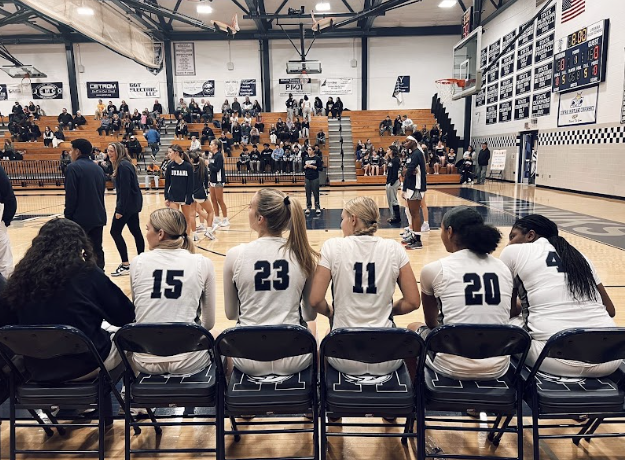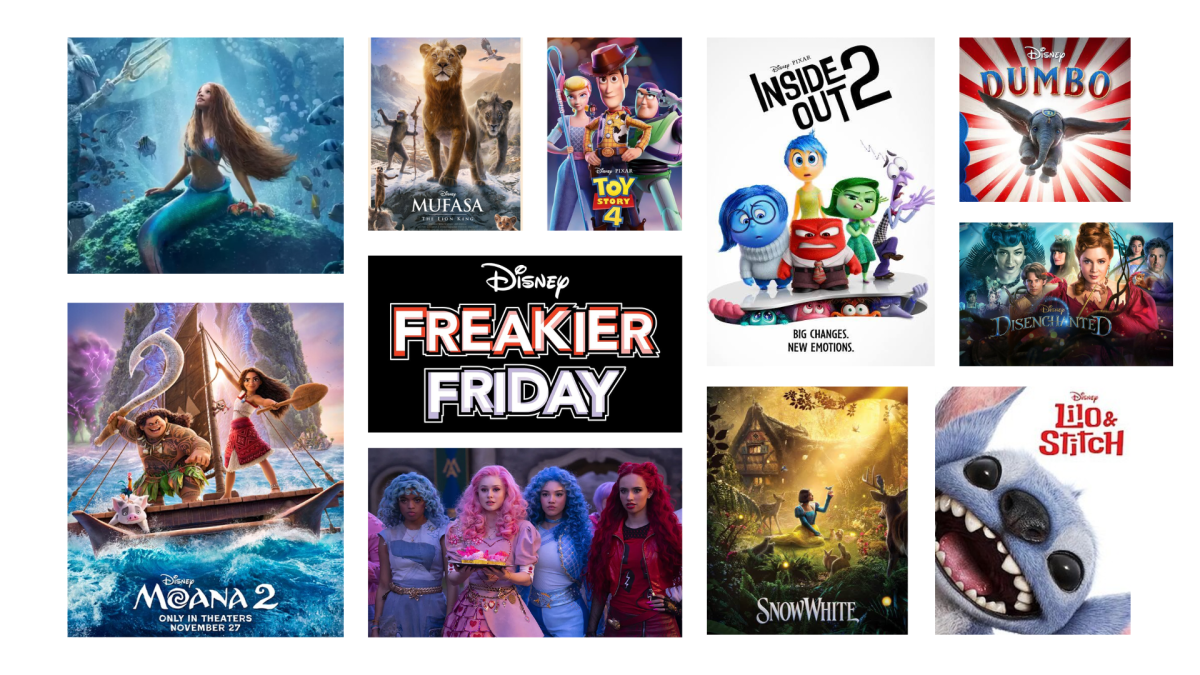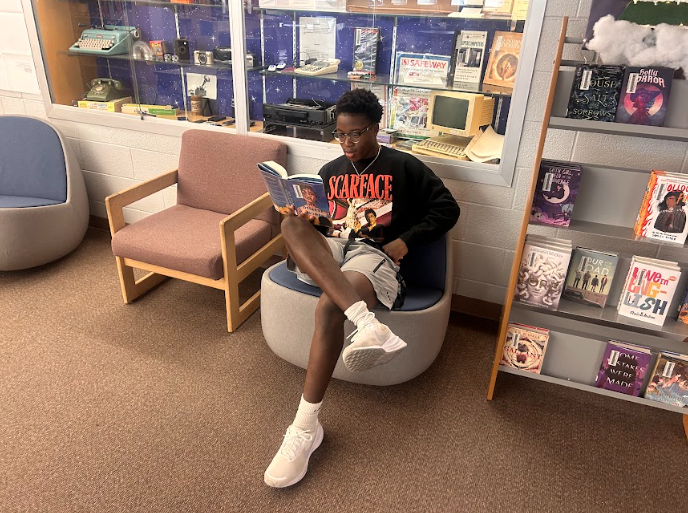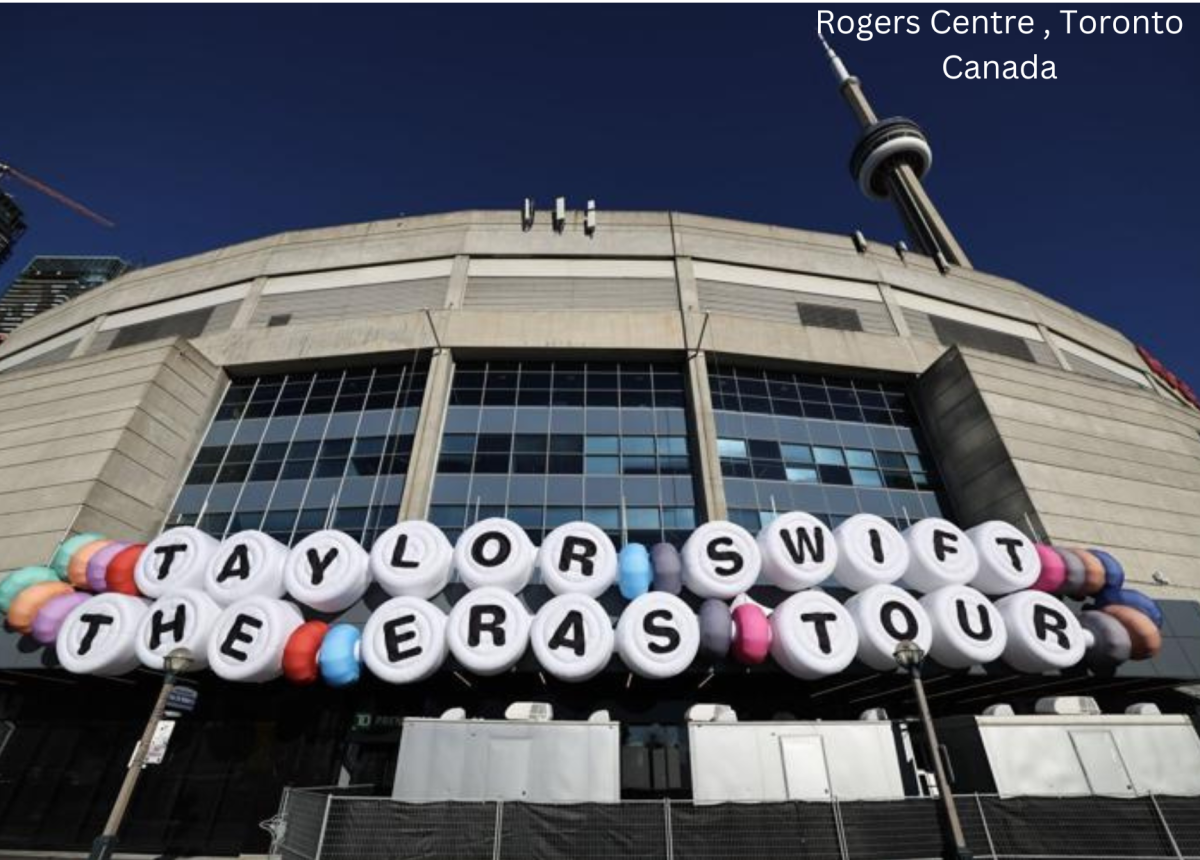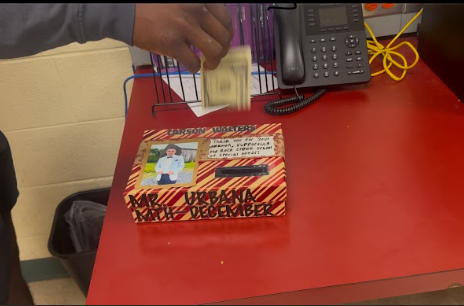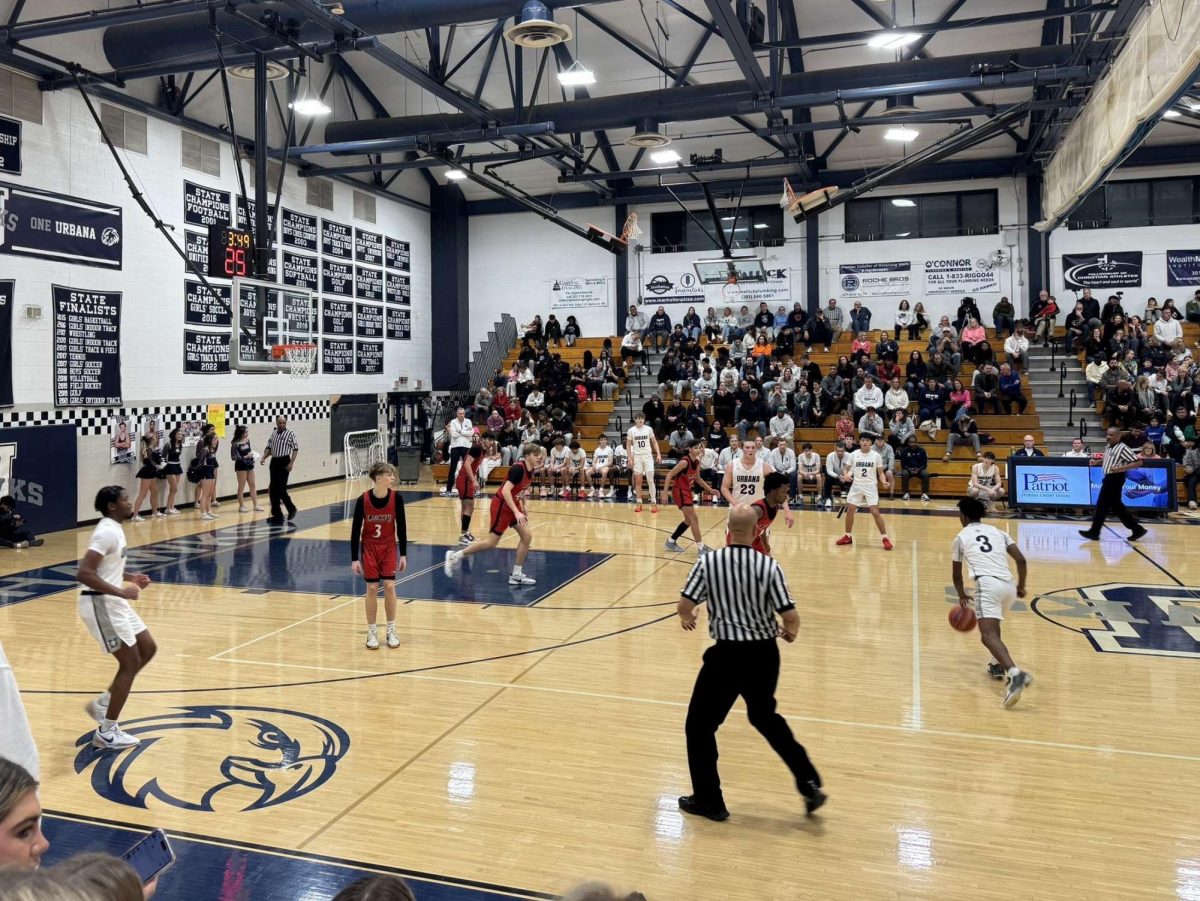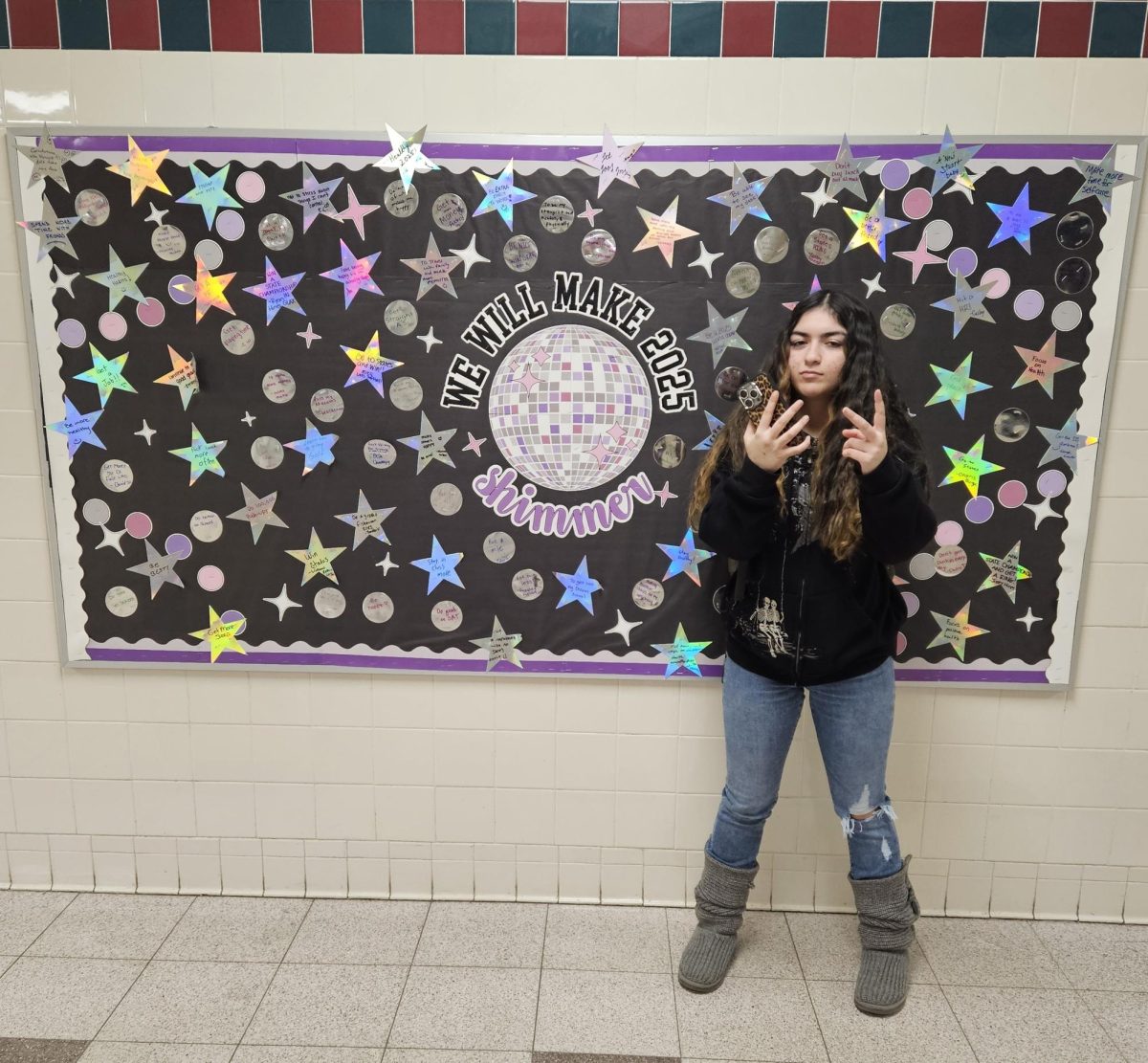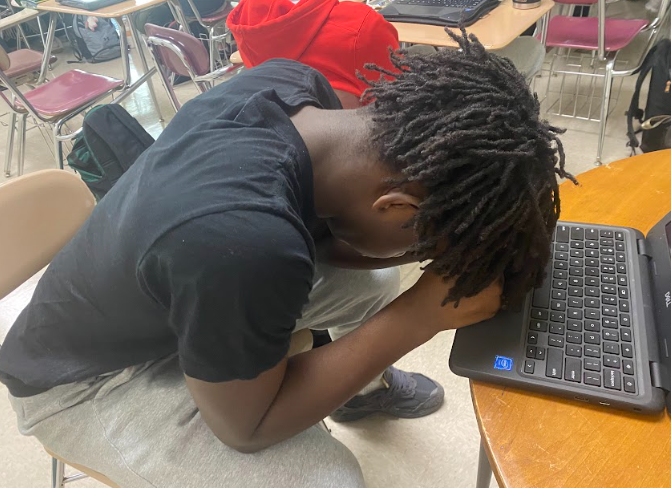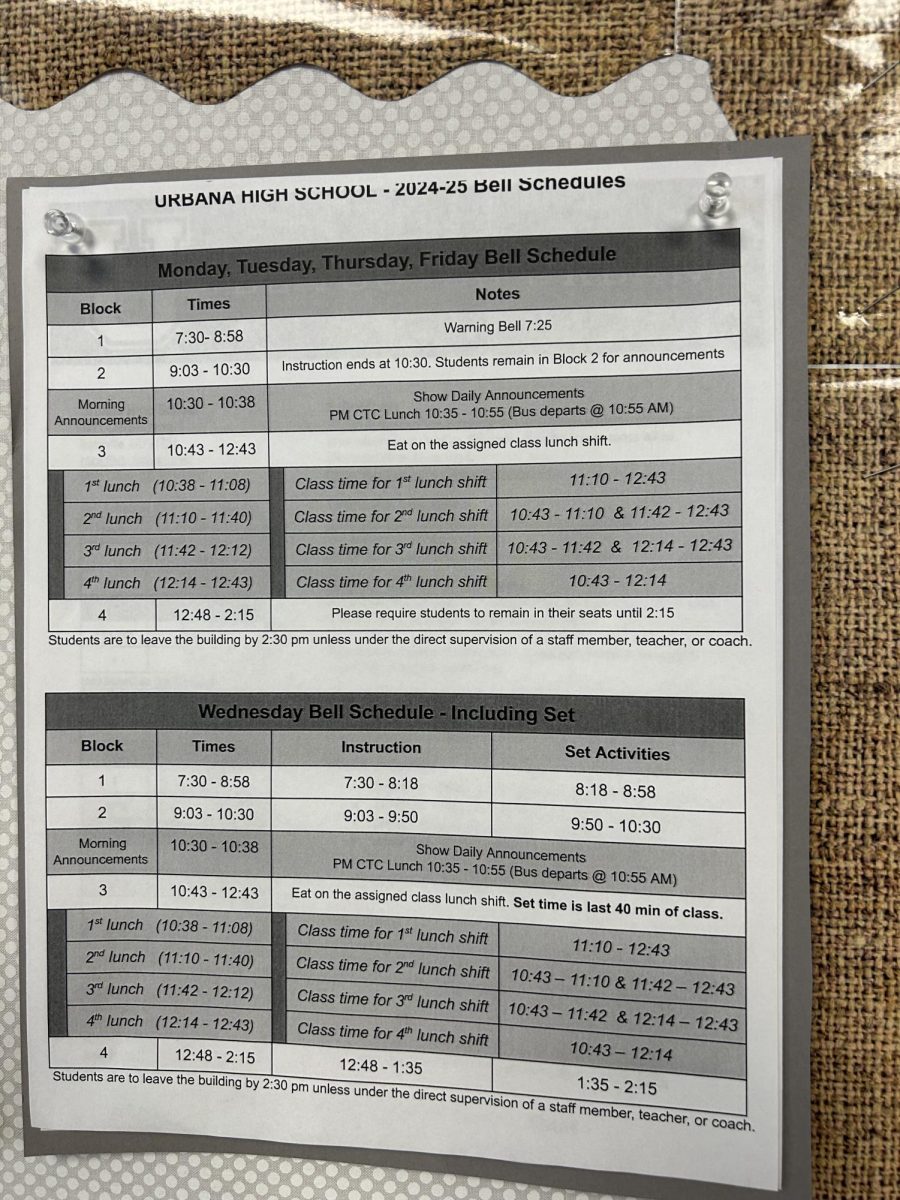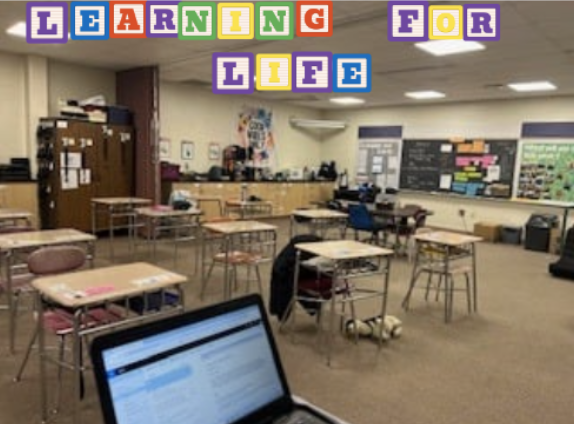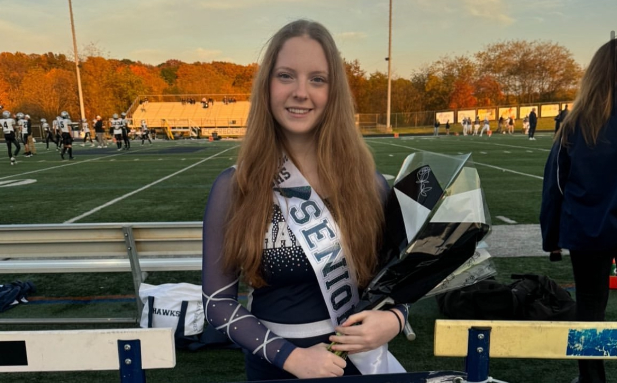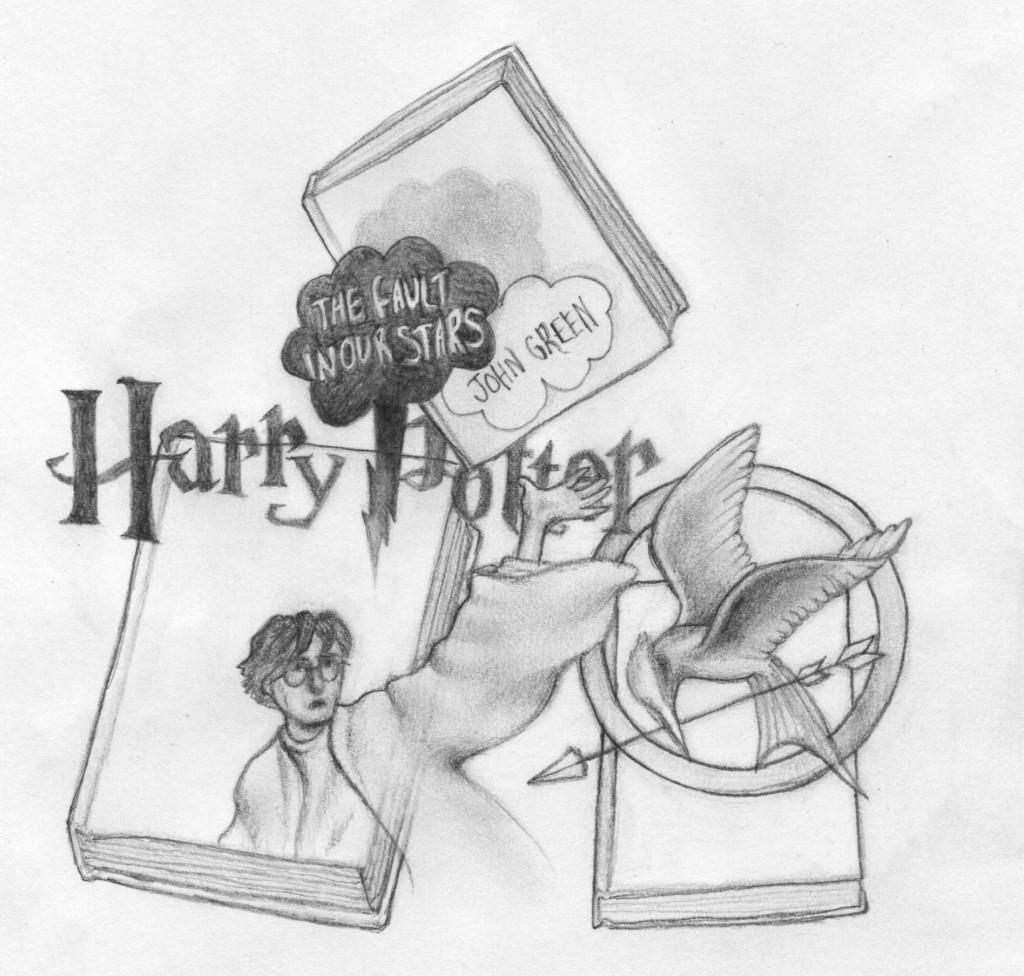Defending Young Adult Fiction
November 6, 2013
To many, the phrase ‘Young Adult fiction’ (YA) brings to mind a thirteen-year old girl reading Twilight under the covers past her bedtime. These same people believe that YA is a plague on society, complete with werewolves, vampires, and witches. They think of the genre as ‘kid’s books’ that are poorly written and churned out en masse to placate fanatical teenage girls who demand the next book in a fantasy series.
It is true that there are YA fiction books that are like this; every genre, from juvenile fiction to adult fiction and biographies has their lesser-quality books that are published solely due to popular demand, and not as much because of the quality of the story and writing. But what is not fair to readers and authors of the YA genre alike is to generalize the whole category of youth fiction as less valuable than adult literature..
It seems that many of the critics of Young Adult fiction seem especially fixated on the supposed ‘damage’ that ‘low-quality’ fiction will cause teens. But what these critics fail to see are the novels and authors that are “far more poetic, thought-provoking, philosophical and interesting” (Why I Love YA: In Defense of Young Adult Literature by Kerry Winfrey).
Books like author John Green’s The Fault in Our Stars truly demonstrate some of the best qualities that can be found in books of YA fiction. The storyline follows a girl with cancer and her adventures, all the while revealing her attitude towards her disease and towards her life and the people in it. What is truly remarkable, however, is how his prose and writing is so touching and honest that the book goes far beyond being a book about cancer. It is a book about life, love, loss, reality versus fiction, and most of all, an extraordinarily real account of teenage life and outlooks. It is a YA book that shows the critics and the world the finest qualities of the genre. But the book doesn’t simply resonate with young adults.
It is the poetic writing of John Green and the honesty with which he writes that draws adult readers as well as teens. According to adult Kerry Winfrey, Green “writes about love and loss with an honesty, beauty and humor that will knock the YA-hating smirk right off your face.” Time magazine goes so far as to almost call it an “´instant classic,’” and NPR notes how “Green writes books for young adults, but his voice is so compulsively readable that it defies categorization.”
When asked if he would consider writing books for adults, Green replies, “Not really. I don’t find adults very interesting, to be honest with you.” This sums up everything that makes YA fiction so special. Young Adult fiction has the great writing, gripping plot lines, serious themes, and believable, interesting characters of adult fiction or any other genre for that matter – but it also has elements that set it apart.
The major changes that uproot a teen’s life – though usually something to be avoided according to critics – are what define the youth genre. Newfound freedom coupled with parental restraint, new and thrilling opportunities that simultaneously excite and terrify, and decisions that will shape the rest of a teenager’s life are some of the aspects that make YA such a compelling genre. As Winfrey said: “Being a teenager is all about being right on the edge of your future, and what’s more exciting than that?”




